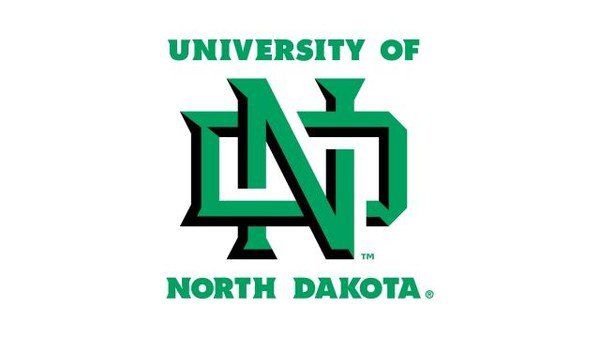University System Attempt To Keep Withdrawn UND President Applicants A Secret Backfires

Last week we learned that the North Dakota University System had received 40 applications for the position as the next president of the University of North Dakota, but noted somewhat forcefully by the NDUS was three of the applicants had withdrawn due to the state’s open records laws.
The NDUS didn’t identify who these people were, but I can now identify two of them because their attempts to hide the applications from public scrutiny backfired. More on that in a moment.
The university folks have been trying to argue that the state’s open records laws, which require that these applications be reported to the public, inhibit quality applicants from throwing their hats in the ring. This seems a little ridiculous given the 37 people who applied for the job, but whatever.
That the NDUS also has a thoroughly embarrassing track record when it comes to violating state open records laws shouldn’t be discounted here. A system of bureaucrats which has made a habit out of thumbing its collective nose at public transparency and accountability now wants the public to allow them to do even more of their business behind closed doors.
No thanks.
Anyway, to the situation at hand, I can reveal that two of the withdrawn applicants were Dr. Nancy Uscher, currently president of the Cornish College of the Arts in Seattle, and Dr. Donald Blackketter, currently chancellor at Montana Tech in Butte.
Click here (PDF) to see Dr. Uscher’s application. Click here (PDF) to see Dr. Blackketter’s.
I am told that the third withdrawn applicant can’t be identified to me because the NDUS no longer has a record responsive to my request, and that their application has subsequently been destroyed. State law does not compel anyone in the NDUS to tell me that person’s name. The only have to turn over records they have which are responsive to my requests and aren’t exempted by statute. I do have a request pending for the withdrawal email from the third, unknown candidate. I’ll update when I have news of that.
 As for the two I can identify, I requested from the NDUS the emails they sent to withdraw from consideration. It turns out that each was in response to a January 6 email sent out by Brian Desmond (who works for AGB Search, the consultants hired to handle the application search) notifying them that an open records request had been made for the applications. You can see the message sent to Dr. Uscher to the right. Dr. Blacketter’s email was the same.
As for the two I can identify, I requested from the NDUS the emails they sent to withdraw from consideration. It turns out that each was in response to a January 6 email sent out by Brian Desmond (who works for AGB Search, the consultants hired to handle the application search) notifying them that an open records request had been made for the applications. You can see the message sent to Dr. Uscher to the right. Dr. Blacketter’s email was the same.
This was how their attempt to hide these applicants backfired. Because there was an open records request made for these applications when the NDUS (or, more specifically, their hired consultant) had them in hand they had to turn them over.
“As you know, I am a sitting president, and I will leave Cornish next summer,” Dr. Uscher wrote in response to Desmond’s email (PDF). “Nevertheless, I still need to protect the interests of the college. If my materials were, for example, to be published in the Seattle press, I fear it would be hard on the college and very distracting for the work we are doing. Therefore, after careful consideration, I regret that I will now withdraw from the search.”
“After thinking further I have decided to withdraw my name for consideration,” Dr. Blackketter wrote in his email (PDF). “While it is an opportunity for me, it is not in the best interest of Montana Tech.”
“Also the open search laws, such as they are, while not totally a show stopper, it certainly plays into the decision. I also understand that at this time with names being released I may be in the list. Such as it is. But noting I have withdrawn can be noted,” he added.
I should point out a couple of concerns here.
First, it’s troubling that the NDUS and/or their consultant seemed to be concern trolling the applicants over the open records laws. It’s one thing to warn applicants that their applications can be made public. It’s another thing to try and manufacture a problem in order to help make the case that the open records law should be watered down.
Second, it’s irritating that the North Dakota media doesn’t do more to challenge this sort of thing. If there’s anything we have learned from the behavior of the state’s university system officials over the last several years it is that they simply cannot be trusted when it comes to transparency issues. There should have been immediate push back when the university tried to claim that these applications were a secret because, as I have just demonstrated, they were not.




